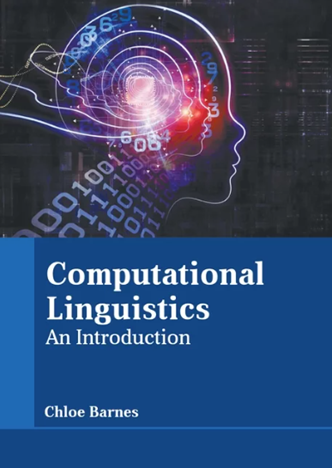Analyzing Dataset Annotation Quality Management in the Wild
IF 5.3
2区 计算机科学
引用次数: 0
Abstract
Data quality is crucial for training accurate, unbiased, and trustworthy machine learning models as well as for their correct evaluation. Recent works, however, have shown that even popular datasets used to train and evaluate state-of-the-art models contain a non-negligible amount of erroneous annotations, biases, or artifacts. While practices and guidelines regarding dataset creation projects exist, to our knowledge, large-scale analysis has yet to be performed on how quality management is conducted when creating natural language datasets and whether these recommendations are followed. Therefore, we first survey and summarize recommended quality management practices for dataset creation as described in the literature and provide suggestions for applying them. Then, we compile a corpus of 591 scientific publications introducing text datasets and annotate it for quality-related aspects, such as annotator management, agreement, adjudication, or data validation. Using these annotations, we then analyze how quality management is conducted in practice. A majority of the annotated publications apply good or excellent quality management. However, we deem the effort of 30% of the works as only subpar. Our analysis also shows common errors, especially when using inter-annotator agreement and computing annotation error rates.分析野生数据集注释质量管理
数据质量对于训练准确、无偏见和可信的机器学习模型以及正确评估这些模型至关重要。然而,最近的研究表明,即使是用于训练和评估最先进模型的流行数据集,也含有不可忽视的错误注释、偏差或伪造数据。虽然已有关于数据集创建项目的实践和指南,但据我们所知,关于创建自然语言数据集时如何进行质量管理以及是否遵循了这些建议的大规模分析尚未开展。因此,我们首先调查并总结了文献中推荐的数据集创建质量管理实践,并提供了应用这些实践的建议。然后,我们汇编了一个包含 591 篇介绍文本数据集的科学出版物的语料库,并对其进行了质量相关方面的注释,如注释者管理、协议、裁定或数据验证。利用这些注释,我们分析了质量管理在实践中是如何进行的。大多数附加注释的出版物都采用了良好或出色的质量管理。不过,我们认为有 30% 的作品的质量不尽如人意。我们的分析还显示了一些常见的错误,尤其是在使用注释者之间的一致性和计算注释错误率时。
本文章由计算机程序翻译,如有差异,请以英文原文为准。
求助全文
约1分钟内获得全文
求助全文
来源期刊

Computational Linguistics
Computer Science-Artificial Intelligence
自引率
0.00%
发文量
45
期刊介绍:
Computational Linguistics is the longest-running publication devoted exclusively to the computational and mathematical properties of language and the design and analysis of natural language processing systems. This highly regarded quarterly offers university and industry linguists, computational linguists, artificial intelligence and machine learning investigators, cognitive scientists, speech specialists, and philosophers the latest information about the computational aspects of all the facets of research on language.
 求助内容:
求助内容: 应助结果提醒方式:
应助结果提醒方式:


